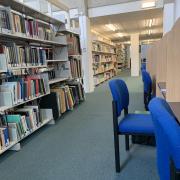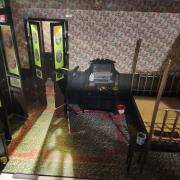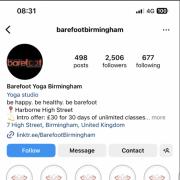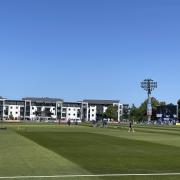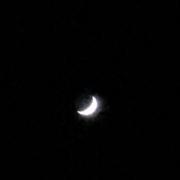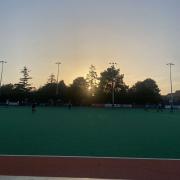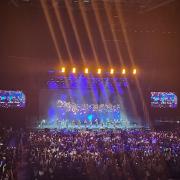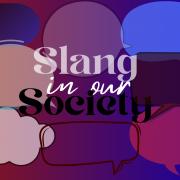
In five months (10 June 2021) is the Al Quds march and rally, an annual event held on the last Friday of Ramadan to show support for Palestine and opposition to Zionism (the ideology which believes in the establishment of a Jewish state). This has been held in London for many years, and amongst the crowd, as you’d expect are a wide range of nationalities and predominately British-Palestinians coming to show their support for the movement. But one group you may not expect to see are Ultra Orthodox Jews condemning the Israeli state for, in their eyes, breaching the teachings of Judaism and in particular the ten commandments. Meet the Neturei Karta, an international religious group of Haredi Jews who “oppose Zionism and the State of Israel”.
In a quiet part of Stamford Hill lives members of the Neturei Karta who, despite being reletively unassuming, know how to stir the local community into political awareness and even make a headline or two. Late last year, photos circulated online of the burning of Israel flags in a ritual marking the anniversary of attacks on Gaza, and it isn’t an underestimation that this received an extremely varied response that is so trademark of the Israel-Palestine conflict. The group has received support from others who are against zionism, whether Palestinian or other members of the Jewish community, but have also received backlash for sparking debate in the heavily polarised issue. Many of the Neturei Karta’s neighbours and fellow members of the Jewish community in London have expressed their fears that the ultra-orthodox group are stoking the flame of anti-semitism in the UK, at a time where the Labour Party are having to actively combat anti-semitism from within their party, and the world is still reeling from the 2014 war in Gaza. In a T.V. interview a leading Rabbi in the community said that “Judaism in 3000 years old, whilst Zionism is movement which start around a 100 years ago”, and he echoed the beliefs that the state of Israel broke the rules of the ten commandments, namely the sixth commandment “you shall not murder” and the eighth, “you shall not steal”. Furthermore, he stated his “hope the the media will move away from Zionism”. It would be very easy in the modern day, with so many members of the younger generation being brought into political conversations, to think that the Neturei Karta have their views founded firmly in politics, but in reality their views are rooted in their religious beliefs and their conviction that there shouldn’t be a Jewish homeland before the coming of the Messiah, which they conceive to be a pinnacle part of the teachings of their religion and hence, it sits at the core of their views.
They have undoubtedly been the catalyst for a conversation, not only amongst the Jewish community, but in the wider world as well. They reject the secular world of Judaism, but mainstream Jews disapprove of what they see as the Neturei Karta’s extremism. The religious sect has received a great deal of criticism from zionist and non-zionist communities alike, with their alliances to various anti-Israeli groups understandable causing outrage. The most notable of these alliances is with a Holocaust-denial group in Iran, with the Neturei Karta even going to one of their conferences in 2006. This caused outrage in the various Jewish communities around the world and subsequently led the Neturei Karta being branded as “an extremist group”, with some going as far as comparing them to ISIS. However, one of the Neturei Karta’s less controversial hopes is to open up talks with far right and notoriously anti-Semitic groups in London, in the hope that they can educate them and highlight the great errors of judgement their views are founded in.
It is undeniable that the group’s interpretation of the conflict has been highly controversial and that the burning of flags isn’t exactly the most conciliatory way of easing tensions and changing the dynamic of the Israeli state, but nevertheless, the Neturei Karta have acted as an accelerator in opening the debate about zionism not just in the various Jewish communities around the world, but in other religious and non-religious groups alike.






